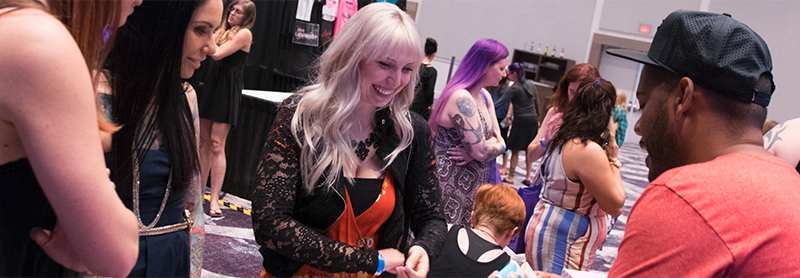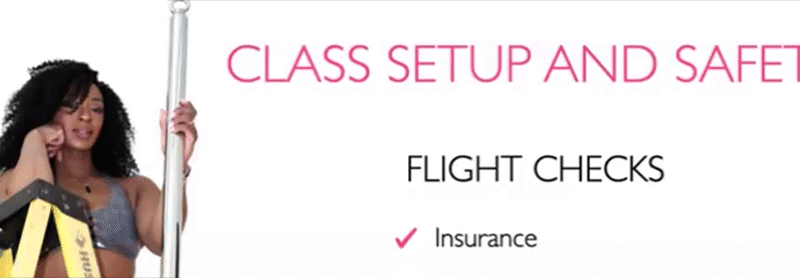So, you’ve been poling for a while, and you want to get some amazing photos…

When should you “quit your day job” and work full time in the pole dance industry?
Many pole dancers dream of quitting their “day job” and working in the pole industry full time. Is this the right dream for you? What does it really look like to be a full-time pole-preneur? Let’s talk about it!
First, you don’t actually have to make your hobby your hustle
There is a lot of pressure to do this in the pole industry and other industries that seem “fun” or “cool.” Many people cite the old adage “if you love what you do, you’ll never work a day in your life.” Most entrepreneurs know this is NOT always the case.
There also seems to be an often-repeated path of “student then competitor then instructor” that encourages advanced hobbyists to start working in the pole industry when they reach a certain level. We’ve talked about that before, and how it might not be the right path for everyone (and that’s ok!)
Remember, you have options! You could continue to enjoy pole dancing and not make it a side hustle. If you make it a side hustle, your hustle could become a new career that you are 100% financially dependent on or your hustle can stay a side hustle (making money to spend back on more pole stuff!)
If you make your hobby your hobby a hustle…
- Be prepared to take a loss (at first, time or money or both)
- Be prepared to work several jobs at once (prob for a while)
- Be prepared to do everything yourself (not required and maybe not always appropriate either, but often the way many entrepreneurs work)
- Be prepared for resistance from your family, your primary job, and your body/brain
…Or have a sh*t ton of money
Understand how much it will cost (time and money) to start your business
Ask yourself what kind of business you might want to create and then investigate other people doing similar businesses. You might use an analysis like a SWOT analysis to see if it makes sense to open your business. Once you have an idea of what you might want to do, start to build a budget, and get an idea (even a rough one!) of how much money it will take to launch your business.
Then look at your time commitments including but not limited to the time spent at your current day job, family commitments, and free time. Use this rule and only schedule 80% of your available time; leave 20% of time unscheduled because sh*t happens! You might get injured, a family member might need more support, you might get laid off from your main job, you might be in a natural disaster, and numerous other things that are out of your control.
Be realistic about what you can do/what you’re good at (and what you don’t hate to do) and what you could outsource—and at what cost, maybe it saves you time but costs you money.
After you’ve done that, double whatever you think it’ll cost money-wise and double whatever you think it’ll take time wise to launch your business. Why? Because sh*t happens!
Once your business is launched…
Make sure to pay yourself! It doesn’t have to be much (if you have other funding for your life and/your business) but it should be something. Emotionally will help you continue working on your business and financially will inform IF you can be self-supporting and if you should “quit your day job.”
Success—whatever that means to you—can happen at any age and you don’t have to rush to do something “right now.”
So, when should you go “full time” in the pole dance industry?
There is no one right answer or timeline. Every situation and every business is different.
Make sure you are clear with yourself about what you want out of the business now and in the future. Ask yourself:
- Is this going to be a new career? Or just something “for now”?
- Does it need to pay you a certain amount of money? Money is a tangible issue in terms of paying your bills AND it can be an emotional and identity issue too. So, while you might need X amount to support your regular bills, you might feel like you need X+Y to make switching careers “legitimate” to yourself.
- Do you have other support, so your new career doesn’t have to pay the same as your old career for you go full time? (things like savings, spouse who has health care, parents who you live with, etc.)
To recap, be clear about what you want, don’t feel pressure to jump into business in the pole dance industry, and give yourself plenty of time and money to allow your business to thrive. Whether you make the jump to full time pole, keep your pole-based business a side hustle, or decide that now is the time to just enjoy participating in the industry, those decisions are uniquely yours!



